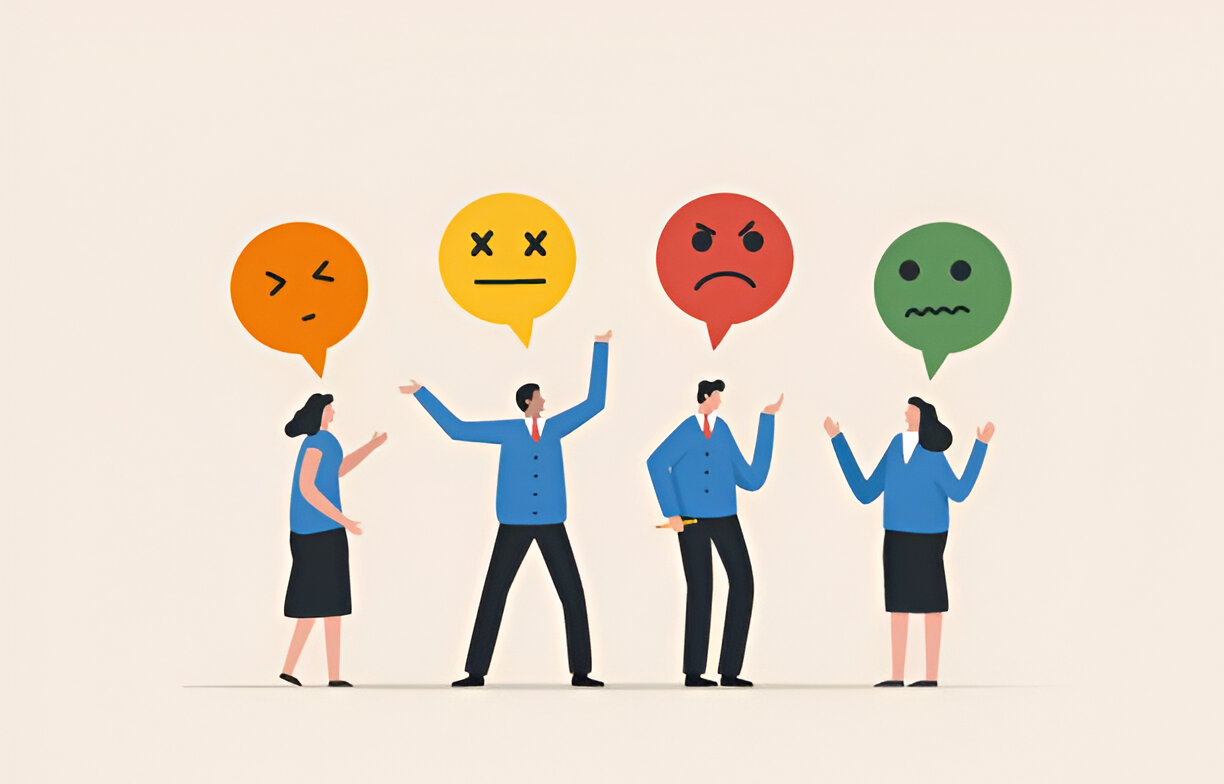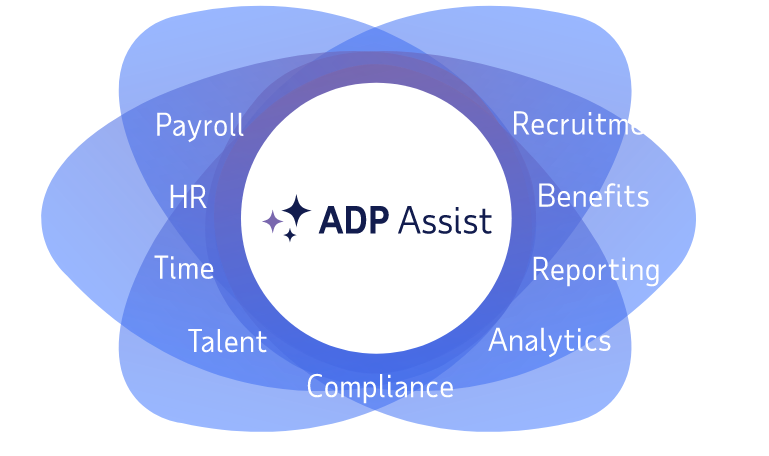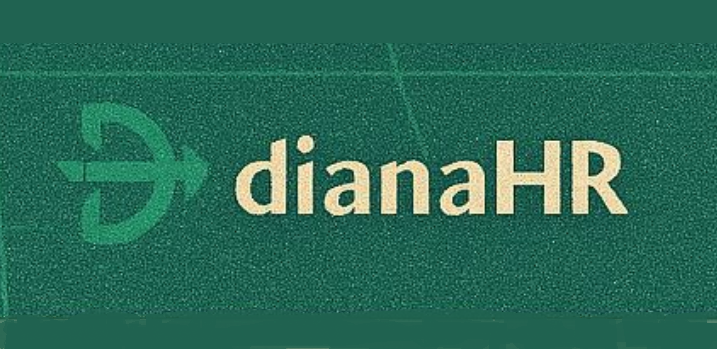Those who work in human resources have their finger on the pulse of the frustrations of their firm’s employees, and a new survey from human capital management technology provider isolved reveals the biggest complaints they hear.
isolved partnered with Talker Research to survey 1,000 HR professionals across the U.S. about the challenges they face navigating technological advancements, rising employee expectations, and a work culture that can sometimes feel less than civil.
According to the survey, top employee concerns include dissatisfaction with salary (29%), feeling underappreciated (26%), poor work-life balance (25%), and dissatisfaction with benefits (23%).
The underlying causes of many issues HR deals with stem from poor communication (44%), rule violations (40%), workplace negativity (38%), and office gossip (37%).
In addition to these challenges, recruitment and ongoing training weigh heavily on HR departments, according to the survey. Thirty-nine percent of respondents cite difficulties in upskilling talent, while 36% struggle to find the right talent. HR also navigates unique interpersonal challenges, with 31% regularly addressing workplace etiquette issues and 20% frequently mediating conflicts related to office romances.
Because of having to deal with workplace issues such as these, HR professionals say they feel overworked, stressed out, and unappreciated.
Only 9% of professionals report consistently completing their daily tasks, while 42% admit to working outside of regular business hours. Nearly one-third (28%) feel overwhelmed by their workload and estimate they would need to outsource 31% of their tasks to manage effectively, the survey found.
In addition, 30% feel mentally drained, 24% report burnout, and 34% are considering a career change.
Finally, when asked what they wish the rest of corporate America knew about their work, 57% of HR professionals said they just want people to remember, “We’re people too. We have feelings and tough days, just like everyone else,” according to the survey.
“The state of morale in HR organizations is a real risk—especially as it coincides with the dawn of a truly AI-enabled age of work. While navigating innovation is important, today’s HR transformation leaders must also ensure their teams are supported and empowered during the waves of change ahead,” Kyle Lagunas, head of strategy at Aptitude Research, said in a statement.
Artificial intelligence is coming to the rescue, playing an increasingly significant role in HR workflows as a way to alleviate the burden caused by professionals’ growing list of tasks.
According to the survey, 77% of HR professionals believe AI training is critical to enhancing their roles, and 81% of those whose companies have adopted AI report using it in their daily tasks. On average, AI handles 34% of HR-related tasks in these organizations.
In addition, 81% of HR professionals using AI say that automating routine tasks has allowed them to focus more on building meaningful connections with employees.
“In today’s fast-paced HR environment, efficiency is paramount,” said Opal Wagnac, senior vice president, market and solutions strategy at isolved. “This survey shows just how much HR professionals are expected to handle—especially when it comes to resolving interpersonal issues. By equipping HR teams with the right tools, including AI, we can empower them to work more strategically and compassionately.
“HR teams are stretched thin, but advancements in AI and better resources can help relieve some of this strain, enabling HR professionals to focus on more strategic work,” she added. “By doing so, HR can become a true driver of employee productivity and happiness.”
Thanks for reading CPA Practice Advisor!
Subscribe Already registered? Log In
Need more information? Read the FAQs




